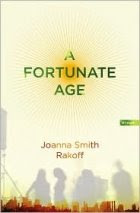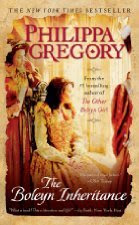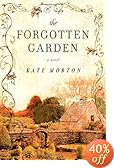 "The World in Half" follows Miraflores a college aged girl from Chicago as she travels to Panama to find her father, and her past. All Mira knows about her father is that he was from Panama and he worked at the canal--her mother, who returned from Panama disgraced and pregnant with her, never shared the details of her parentage. After arriving in Panama City, Mira befriends a worker at the hotel where she is staying Hernan, and his nephew, Danilo. Together with Danilo, Mira will not only learn the truth about her father, but also about her mother and herself.
"The World in Half" follows Miraflores a college aged girl from Chicago as she travels to Panama to find her father, and her past. All Mira knows about her father is that he was from Panama and he worked at the canal--her mother, who returned from Panama disgraced and pregnant with her, never shared the details of her parentage. After arriving in Panama City, Mira befriends a worker at the hotel where she is staying Hernan, and his nephew, Danilo. Together with Danilo, Mira will not only learn the truth about her father, but also about her mother and herself. The World in Half is beautifully written, especially for a first novel. Henriquez transports her reader to Panama City, describing everything from the vastness of the canal to the poverty in corners all over the city. Her use of geology--Mira's academic love--as a metaphor for Mira's life works nicely as a framing technique and feels original and natural. The novel asks questions that it doesn't quite come out and answer for the reader, which leaves you thinking about this novel once the story is over.
I would recommend this book to someone looking for an interesting and relatively quick read. It was an enjoyable one, and I'm looking forward to seeing more from Henriquez.





